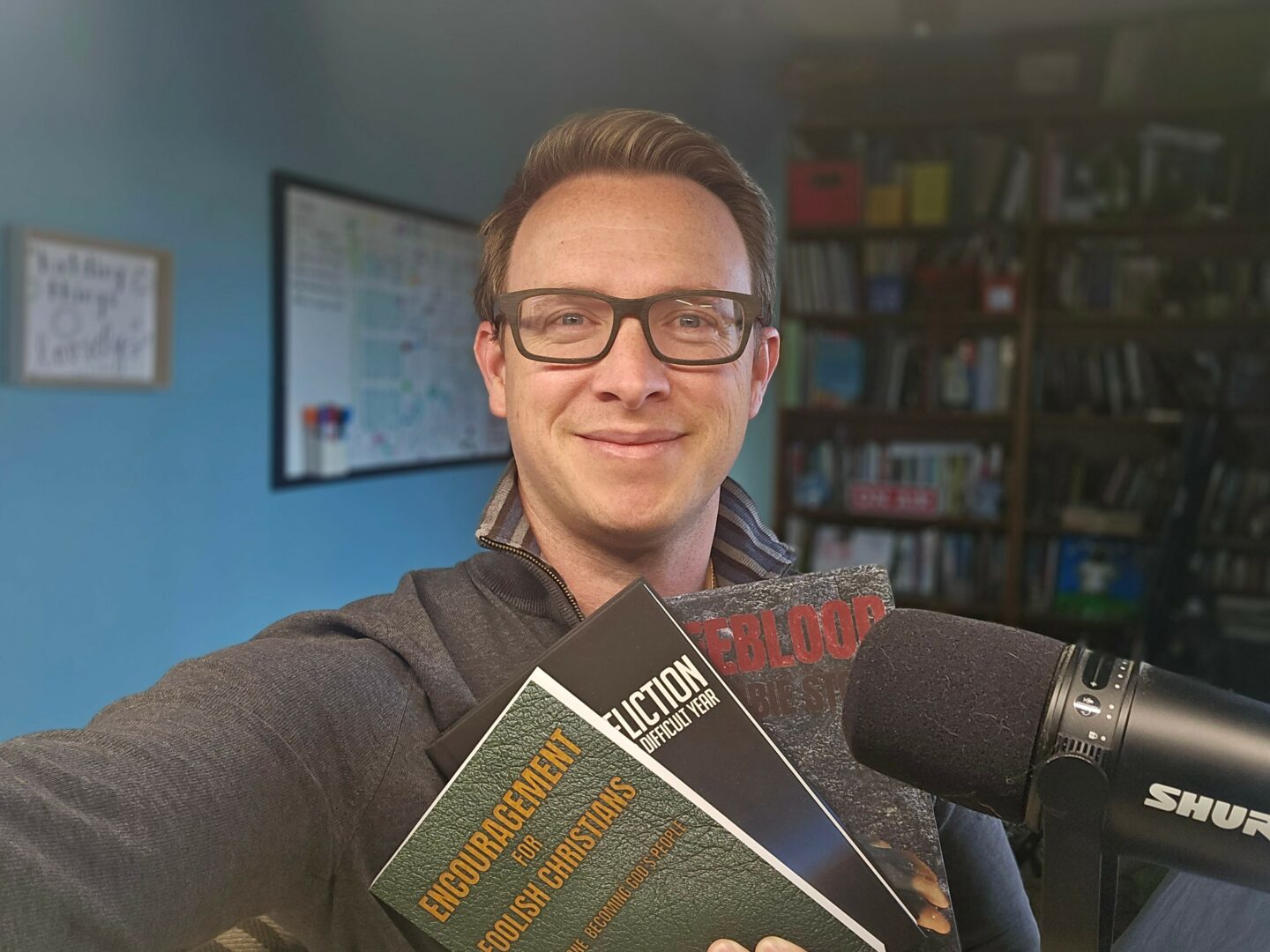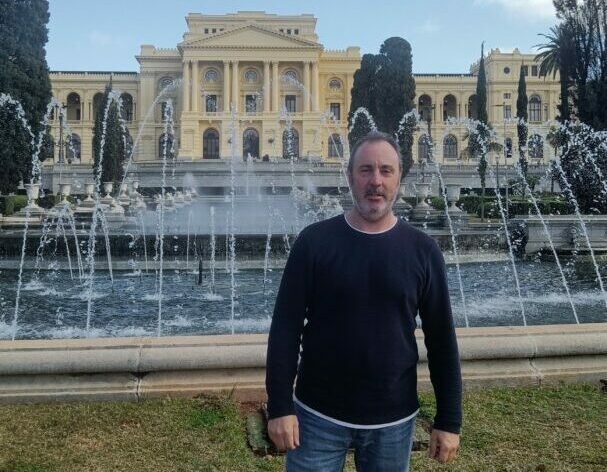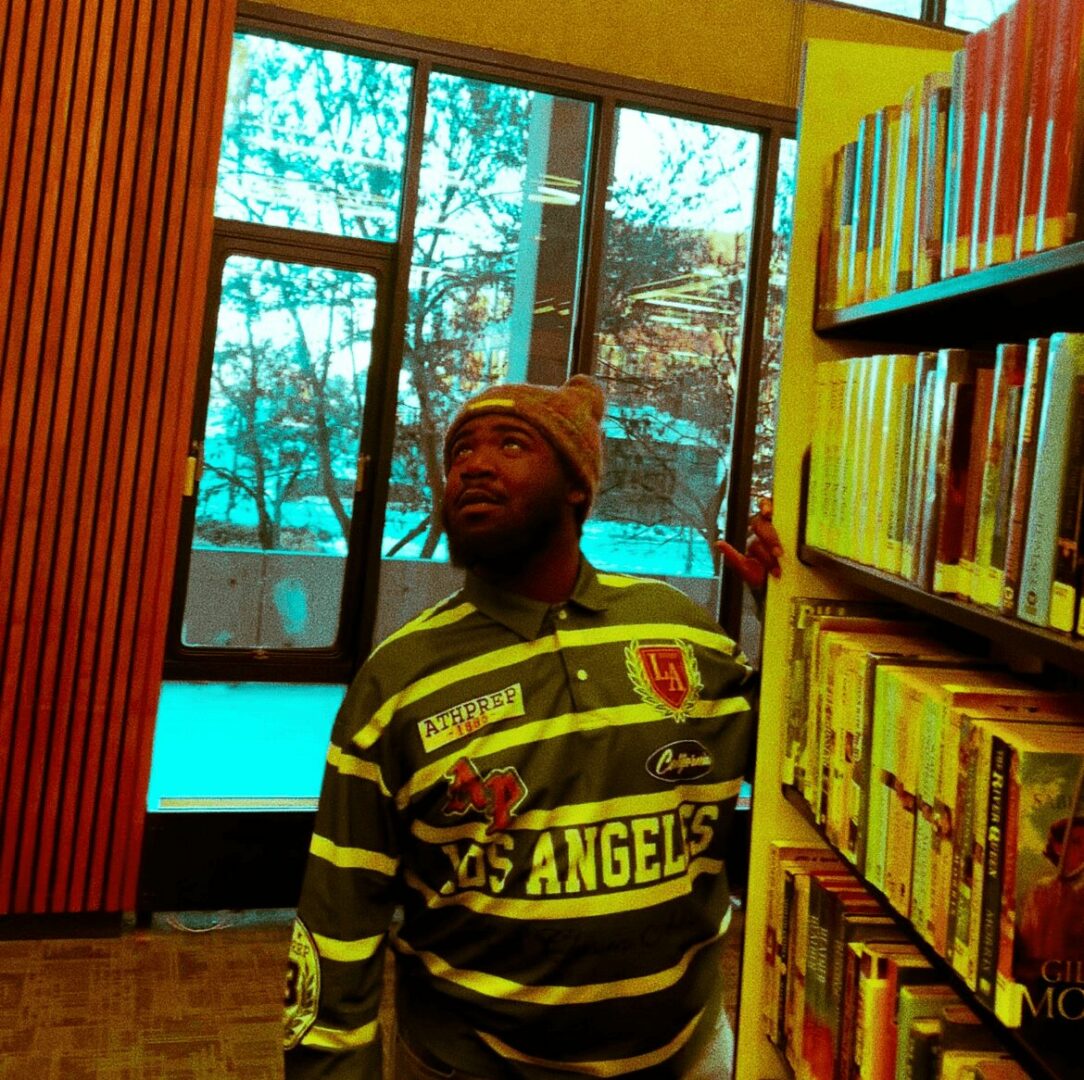We’re looking forward to introducing you to Paul Granger. Check out our conversation below.
Paul, really appreciate you sharing your stories and insights with us. The world would have so much more understanding and empathy if we all were a bit more open about our stories and how they have helped shaped our journey and worldview. Let’s jump in with a fun one: Have you stood up for someone when it cost you something?
I have a friend in my neighborhood who for most of his nearly seven decades of life has had inconsistent housing, and in recent years health issues — including the onset of dementia — have made things worse. A few of us worked together to get him an apartment, only for me to find that many — including those helping — were taking advantage of his situation. For the last few years I’ve found myself advocating for him, at the expense of time, resources, and energy. It has been a long journey, but I’m relieved to share he is currently in the healthiest spaces he’s been in for decades. This is the key to the story for those reading: my friend was not a project, and I am not anyone special. I think we often look at those in need through the lens of their issues rather than their humanity, and it can lead us to avoid them or become prideful; our friendship is why I was able to stay at the table so long. We can also feel one must be specially gifted or knowledgeable to stand in the gap, and as a result many gaps remain empty; half the time I didn’t know what I was doing, what was ahead, or how I’d have the capacity, but the willingness to stay at the table proved more powerful than capacity. Ultimately — as one who strives to love others as a Christ-follower — the real reason I could stand with my friend and he continues to stand is something beyond either of us, something supernatural that is accessible to even those that feel the least.
Can you briefly introduce yourself and share what makes you or your brand unique?
Since 2018 I have invested my life into full-time volunteer ministry; in other words, I have not received a traditional paycheck in seven years. This should be impossible, which for me has been evidence that God might just be who He says He is. The core of the invitation I have been following is to cultivate authentic, accessible spaces for others to process the hard questions of reality, even if they have no clue if they want to believe in God or not. Life is hard, life is confusing, and too often there are not spaces to be raw and open; authenticity means I am not coming with an ulterior motives — like monetization — and accessibility means I strive to ensure no one goes unseen.
These spaces take many forms, from the “Where did you see God?” Podcast, to two dozen self-published books, to hands on service, to conversations on the porch, but the throughline is it’s all wildly organic. The theme of my life for nearly a decade has been “holding things loosely”: I can have my ideas of what I want and what I think God may be doing, but I’ve had to hold it all loosely, because the unexpected has been the most expected thing.
One of the truly unexpected endeavors this years is self-publishing a book a month. I did not set out to do this; in fact, it wasn’t until I was 4-for-4 when I joking thought about it, only to sense God nudging me forward. As of this writing, I am 11-for-11 — with a few bonus books translated into Portuguese — and what’s been produced has been encouraging, diverse, and exciting. I’m talking everything from week-long devotionals to a zombie novel! I’m also under-contract with Morgan James Publishing to release “Something in the Froth” — a book I’m very excited about — and I have no idea how that might change life.
I do not know where any of this is leading, but I do know a journey lies ahead, and I’m willing to keep stepping.
Appreciate your sharing that. Let’s talk about your life, growing up and some of topics and learnings around that. Who were you before the world told you who you had to be?
Growing up, I didn’t care what people thought of me. “Maybe I should have…” I’ve thought when I think about how silly I could be, or how dirty my shoes were living in the country, or how ill-fitting my hand-me-downs; realistically, it was freeing, and I was able to be my full self not just for myself, but for others.
At some point, I found myself in spaces where individuals believed I should be different, and when some of those people held power over me, I felt crushed into a mold that felt both wrong and fruitless. It got so bad that I began to question reality; how could my understanding of life and purpose be right when they were so vehement that I was wrong? I hit a point of hopelessness unmatched by any other moment in my life; fortunately, God met me while I wept on the floor of my closet, and He revealed that what was impossible for me was possible for Him.
I realized I had a choice: I could keep living based on the expectations and understandings of others, or I could live as though my life had value and purpose regardless of what the world said. I chose to step forward believing that what God said about me was paramount, and that I could find contentment on that path even if others thought the worst at me. Some did; yet the loss and pain were no match for the peace God offered that defied understanding.
Don’t get me wrong, the wounds still sting, and the lies still resonate; I am continuing to learn what it means to walk in what is true, but I will say my steps grow stronger each day.
What did suffering teach you that success never could?
The deception of success is that you could do everything right and yet never achieve perfection; the truth of suffering is you can endure the worst and somehow keep going, even thrive.
We have been conditioned to pursue success and avoid suffering, but the metrics of success are ever changing, and suffering is an unavoidable reality.
A focus on success keeps you believing that you are never enough; standing strong amidst suffering reveals there is more to you than you believed possible.
Do not bind your purpose to success; you may find true success looks wildly different than expected. Do not barricade yourself from suffering; when you accept it’s reality, you can find thriving in the midst.
Next, maybe we can discuss some of your foundational philosophies and views? What important truth do very few people agree with you on?
“We don’t need money; we need God.”
I’m not offended that those who don’t believe in God do not agree with this statement; what concerns me is many professed God-followers reject it, despite what He said in the book they claim to follow.
To be fair, their logic is sound. Of course we need money! We have bills, we have expenses, we have desires, and those things aren’t free. As a result, we shape our lives around getting more of the money we need, binding not just our time and energy but our purpose and identity to that pursuit. Some achieve something, yet are never satisfied; many feel perpetually behind. Those who believe in God will cry out to Him in both cases, asking for the one thing that will make everything better: more money.
What God knows is that the richest people experience true joy evading them, and some of the poorest have found it. He also know that money can buy things, but He can provide everything. Scripture is filled with examples of this, and modern-day testimonies reveal that supernatural provision still exists (after all, I haven’t gotten a traditional pay check in seven years!)
However, there are people that profess to believe the Bible yet do not heed the warnings about money; they will sing that “God will provide” on Sunday, and then live as though it is not true on Monday. They go into the world driven more by a love of money than the God of love, and we have seen the fruit: God-followers have often been at the forefront of oppression and abuse, a stark contrast to who scripture calls them to be.
I have bills, but I do not need money, I need God. Money is a way that God can provide, but He is more creative than we know. In the last seven years I have never had enough money come in to cover my expenses, but bills got paid and food was on the table. In that time, we have received over $100,000 worth of repairs to our home at no cost to us, including new windows and a new HVAC. I share these stories in my book, “God won’t provide: The lie we don’t believe we are believing.”
God knows what we need before we need it; He probably knows better than us how to get there.
Okay, so before we go, let’s tackle one more area. What do you think people will most misunderstand about your legacy?
As a content creator, my work is viewed from the metrics-mindset: my legacy is defined by how many listeners my podcast has, how many books are sold, and how many lives are clearly transformed. In fact, I do not have to wait for legacy to know this tension: right now people question how I live because it does not seem to be producing the right metrics.
I love the passage where the Apostle Paul is confronting Christ-followers who are arguing about whether Paul or Apollos are better; they used a metric-mindset to determine the value of two men who had invested deeply into their community. Paul essentially says, “Why are you arguing about who has more value? Who is Paul? Who is Apollos? Look, Paul might plant the seed, Apollos might water it, but God makes it grow.” In other words, Paul is owning that his role may be the unspectacular act of putting a seed in dirt, and not only might he never see the fruit, but others may not understand the value of his role. He was content that his purpose was not metrics, but faithfulness, because He wanted God to get the glory, not him.
That is how I feel called to live and create. Yes, it can be hard when downloads and sales seem low, but from the start I knew my content was not about my personal success; if my work impacted even one person, even if neither of us knew it, it would be worth it. It is a challenging way to live, though it has the potential of revealing far more fulfilling fruit that traditional metrics ever could.
Contact Info:
- Website: https://www.wheredidyouseeGod.com
- Instagram: https://www.instagram.com/wheredidyouseeGod
- Linkedin: https://www.linkedin.com/in/paul-granger-804
- Facebook: https://www.facebook.com/wheredidyouseeGod
- Youtube: https://www.youtube.com/@wheredidyouseeGod
- Other: https://www.amazon.com/author/paulgranger
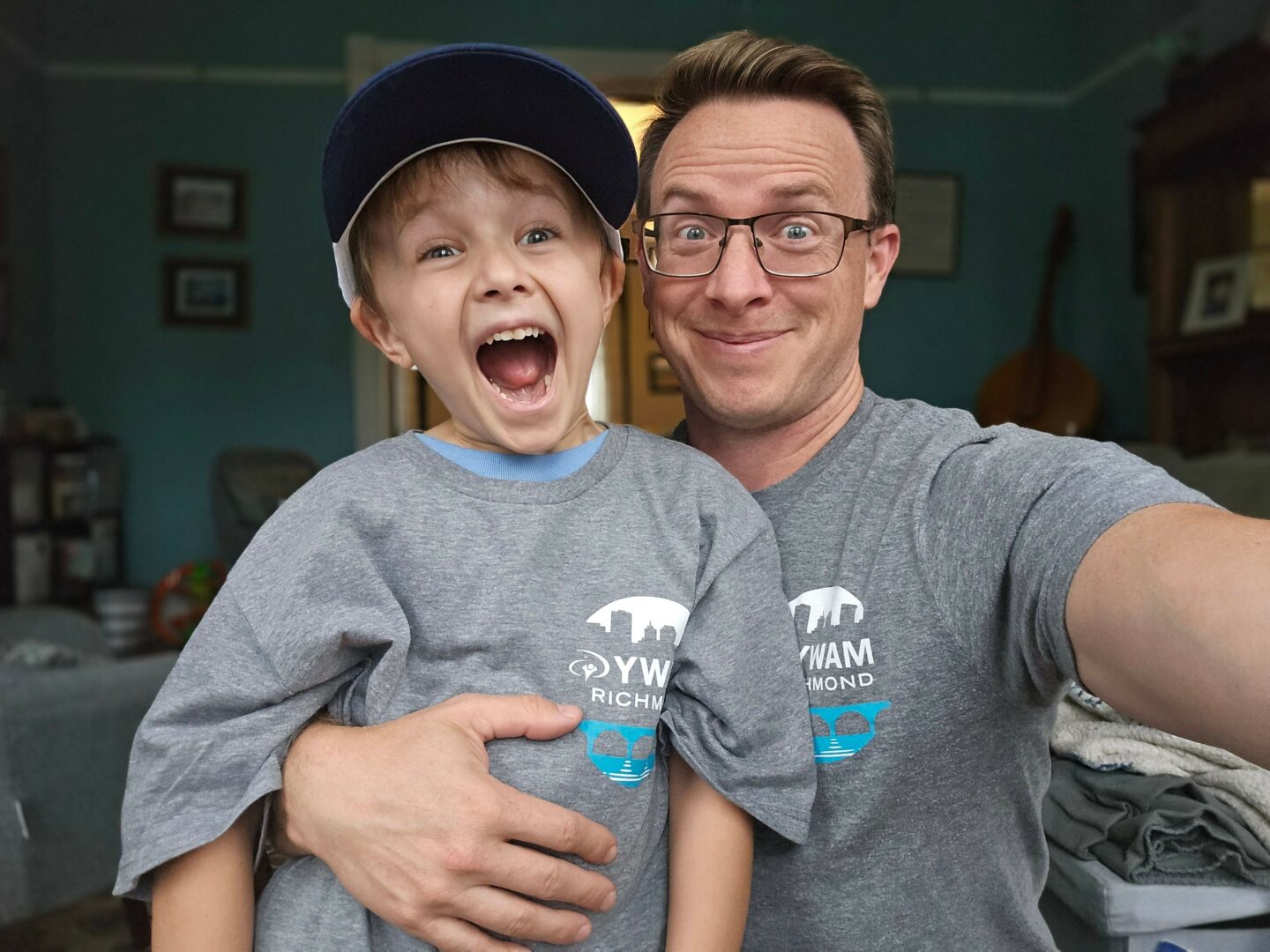
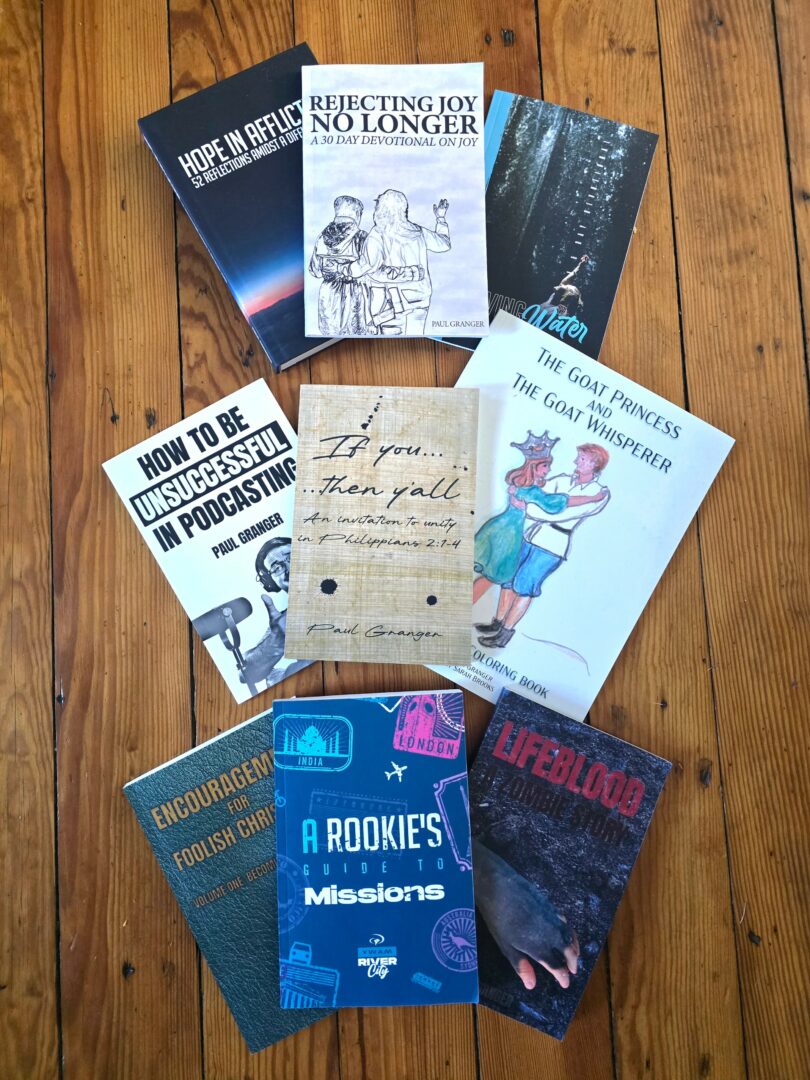
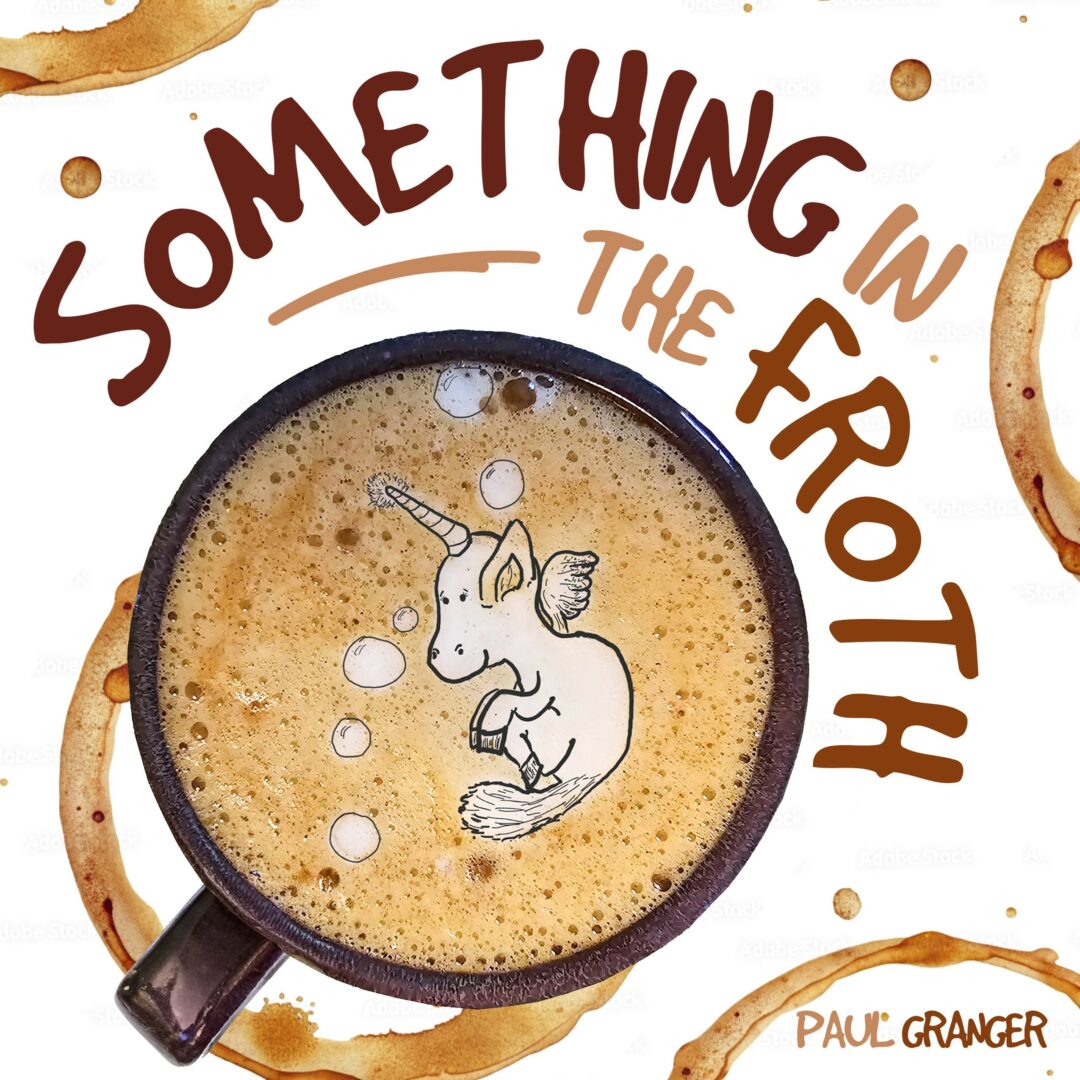
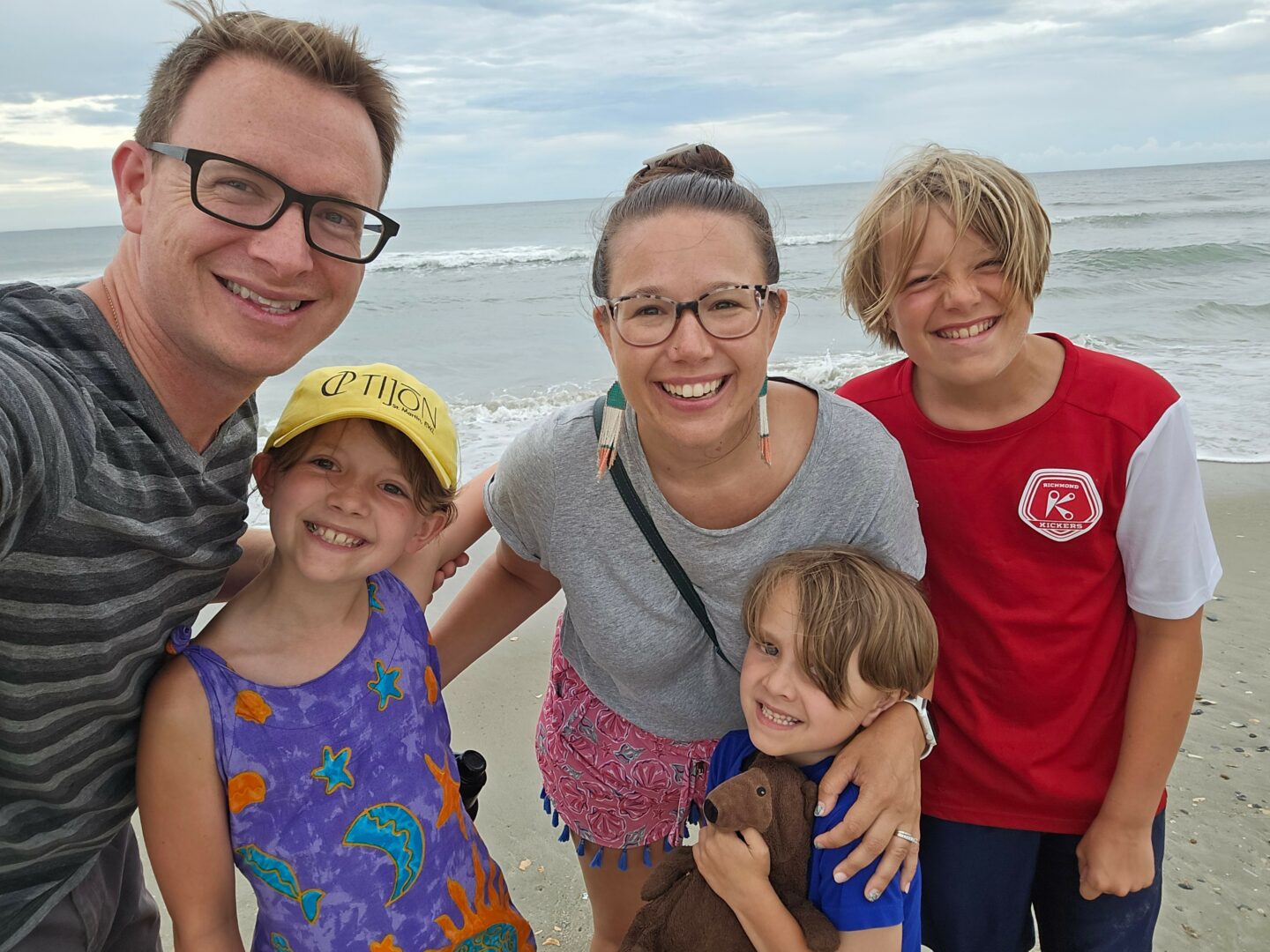
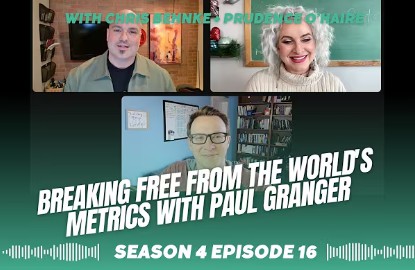
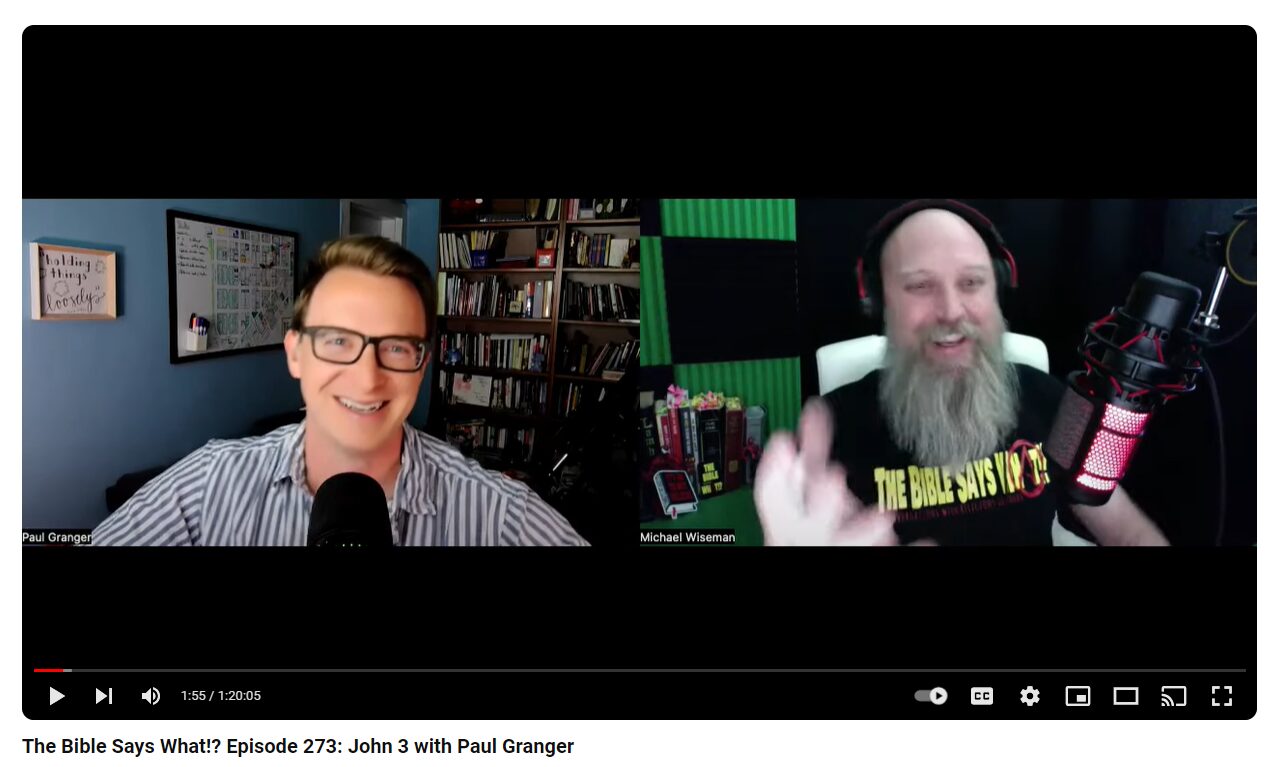
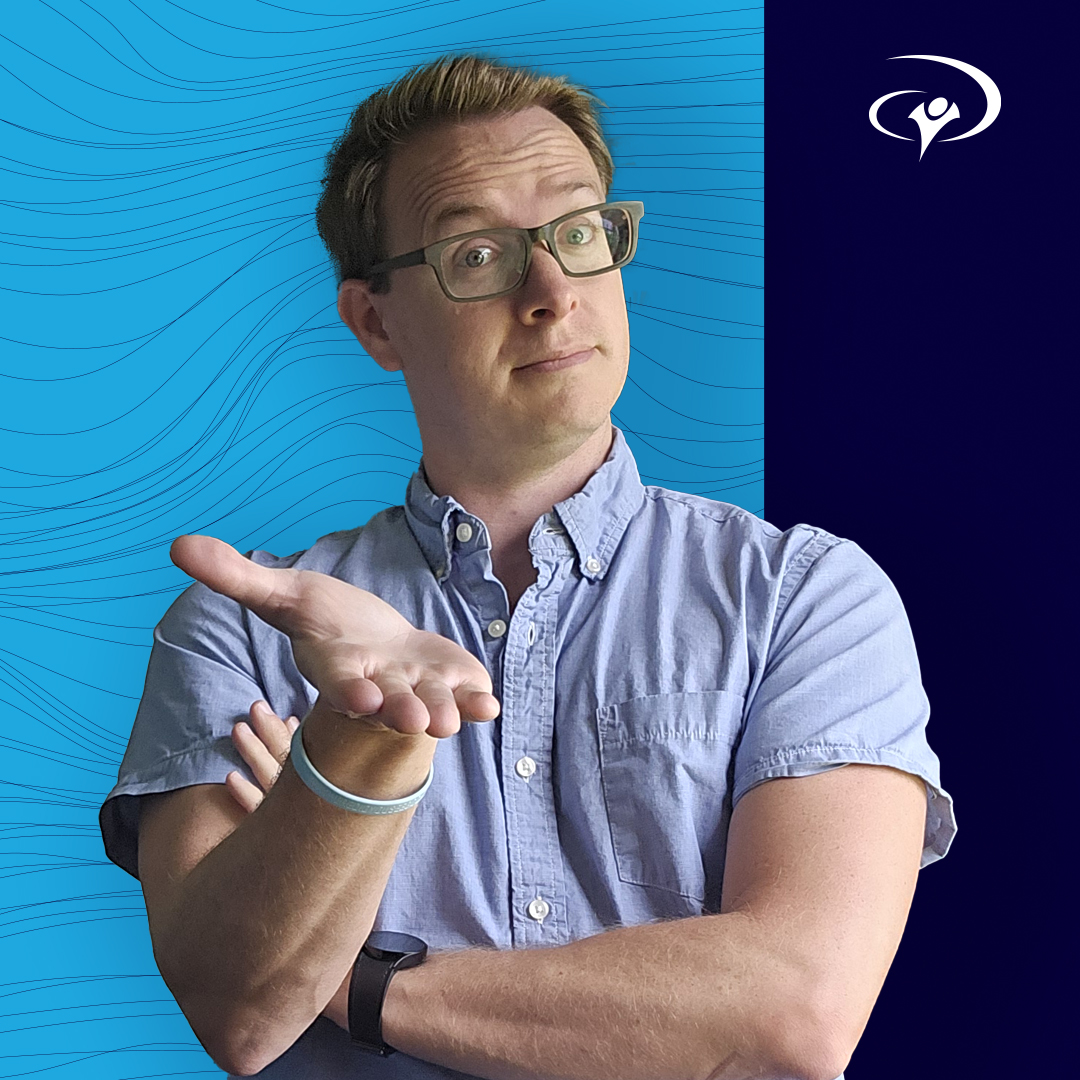
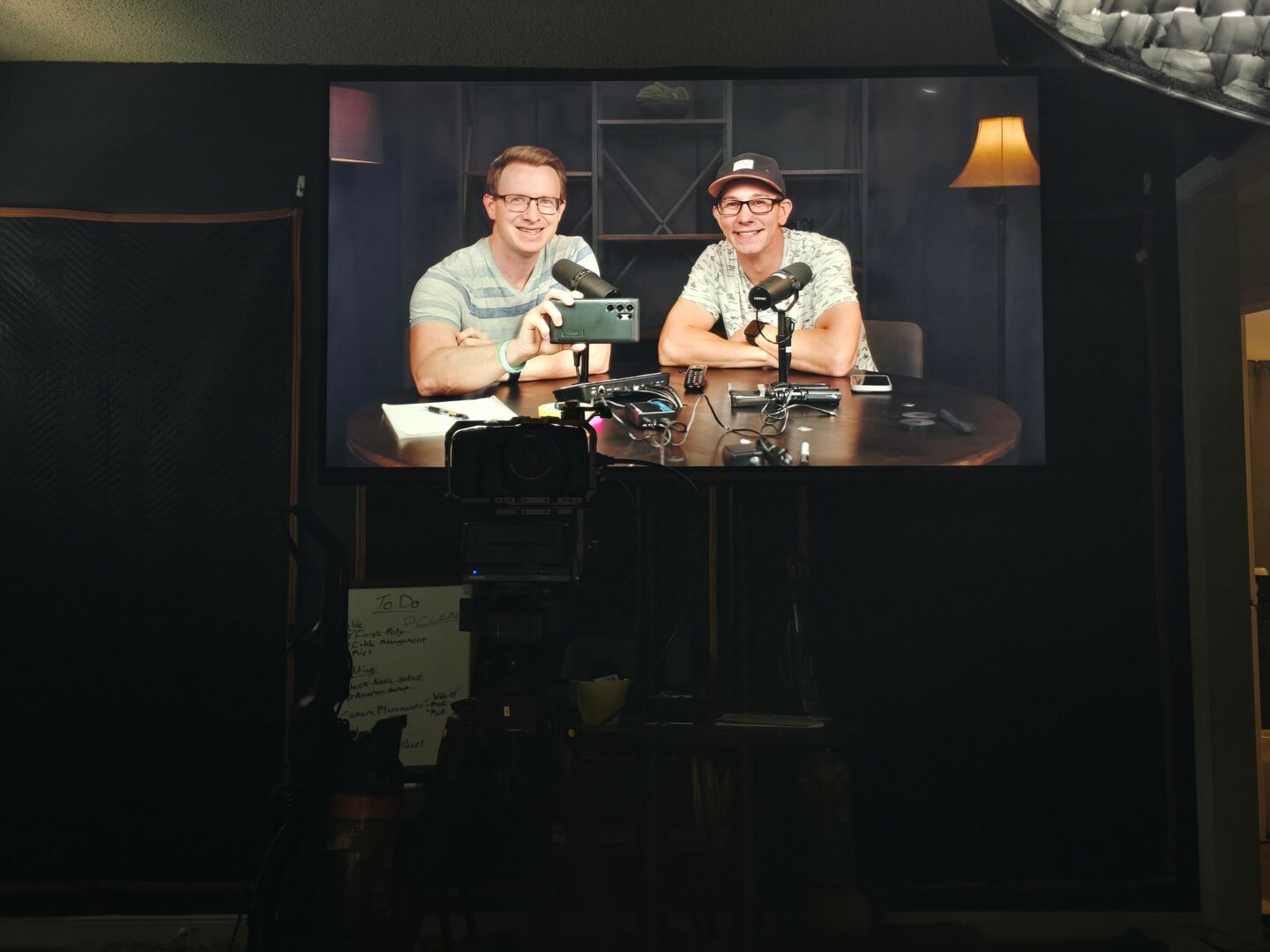
Image Credits
Paul Granger
so if you or someone you know deserves recognition please let us know here.

